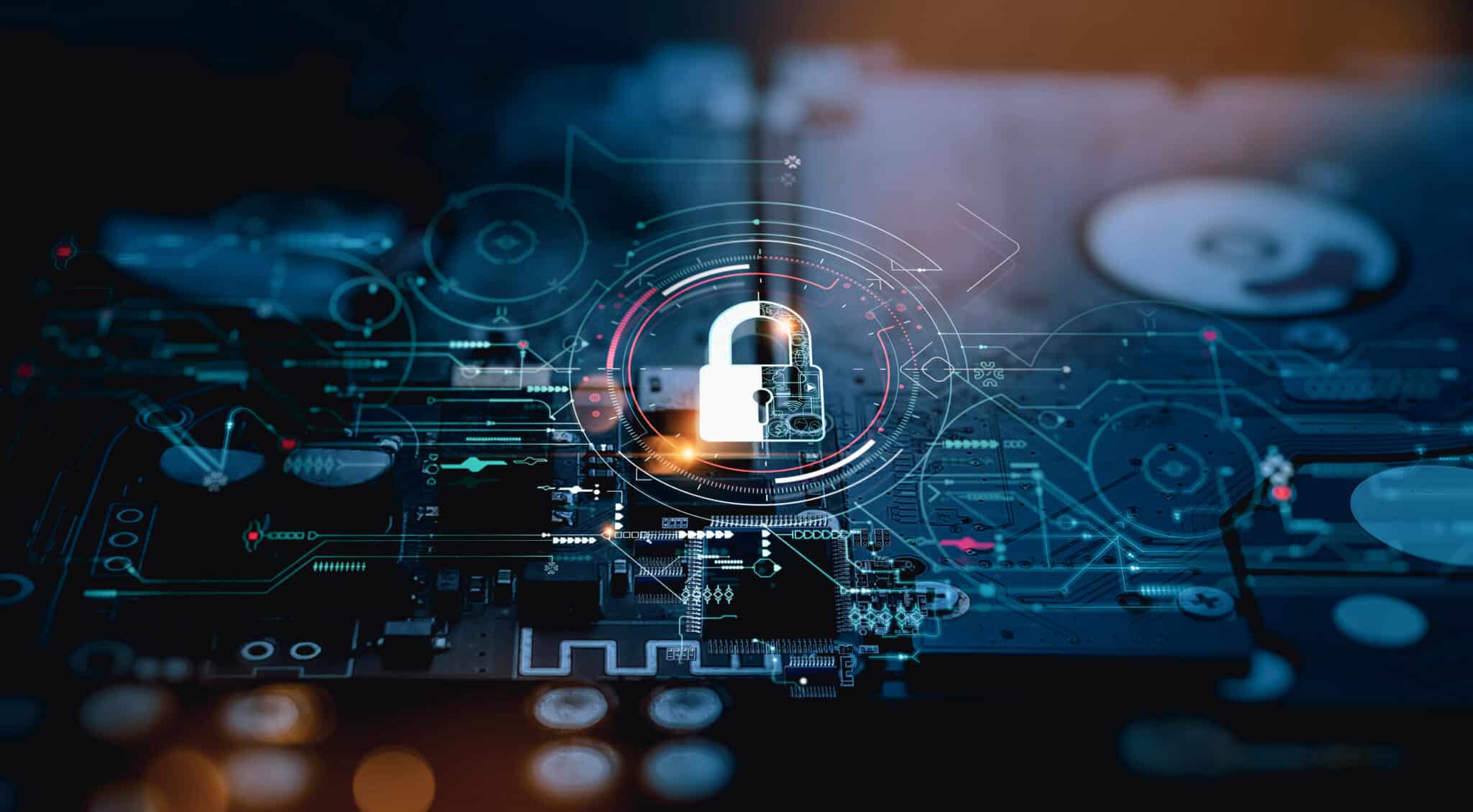In our interconnected digital world, where data breaches are not just a risk but a daily headline, the importance of robust security measures cannot be overstated. One critical benchmark for assessing the trustworthiness of service providers, particularly those handling customer data, is SOC 2 certification. If your provider is not SOC 2 certified, your data may be at risk.
What is SOC 2 Certification?
SOC 2, or Service Organization Control 2, is a framework for managing data based on five “trust service principles”: security, availability, processing integrity, confidentiality, and privacy. Developed by the American Institute of CPAs (AICPA), it’s not just a technical audit but a rigorous assessment of how a company manages data to ensure it is handled securely and in a manner that protects the interests of the organization and the privacy of its clients.
The Relevance of SOC 2 Certification
- Building Trust with Clients: In an era where data is as valuable as currency, SOC 2 certification is a testament to an organization’s commitment to security and data protection. It builds client confidence and trust, which is essential in retaining and growing a customer base.
- Competitive Advantage: With SOC 2 certification, businesses can differentiate themselves from competitors. It sends a clear signal to potential clients that they take data security seriously, often tipping the scales in favor of the certified provider.
- Risk Mitigation: The process of becoming SOC 2 certified helps organizations identify and rectify potential security vulnerabilities, thus proactively mitigating risks associated with data breaches and cyber-attacks.
- Regulatory Compliance: As regulations around data protection become more stringent, SOC 2 certification ensures that businesses stay compliant with relevant laws, standards, and regulations, avoiding costly fines and legal complications.
- Operational Excellence: The SOC 2 certification process can improve internal practices related to the trust principles. It streamlines processes, defines clear protocols, and often leads to a more efficient and secure operational environment.
The SOC 2 Certification Process
The journey to SOC 2 certification involves several steps:
- Preparation: Organizations must first understand the trust service principles and prepare their systems and processes accordingly. This often involves significant adjustments to IT infrastructures and internal controls.
- Assessment: A third-party auditor assesses the organization’s compliance with the relevant trust principles. This involves a thorough review of the organization’s systems and processes, as well as its policies and procedures.
- Remediation: If gaps are identified, the organization must address these through remediation steps to align with SOC 2 requirements.
- Reporting: Upon successful assessment, the organization receives a SOC 2 report, which can be shared with stakeholders and clients to demonstrate compliance.
Challenges and Considerations
Achieving SOC 2 certification is not without its challenges. It requires a significant investment of time and resources. Organizations must ensure they have the right expertise, either in-house or through consultants, to navigate the process. Additionally, SOC 2 is not a one-time event but requires ongoing compliance and regular audits, which means organizations must be committed to maintaining high standards of security and privacy practices at all times.
Conclusion
The significance of SOC 2 certification in establishing, maintaining, and demonstrating information security and privacy controls is immense. As we continue to move forward in a digital-first world, the expectations on companies to protect their data are higher than ever. SOC 2 is more than a compliance requirement; it is a commitment to security excellence and a promise to uphold the trust that clients place in organizations. For any company that handles customer data, pursuing SOC 2 certification should be a priority not just for the sake of compliance, but as a core aspect of its business integrity and resilience strategy.




